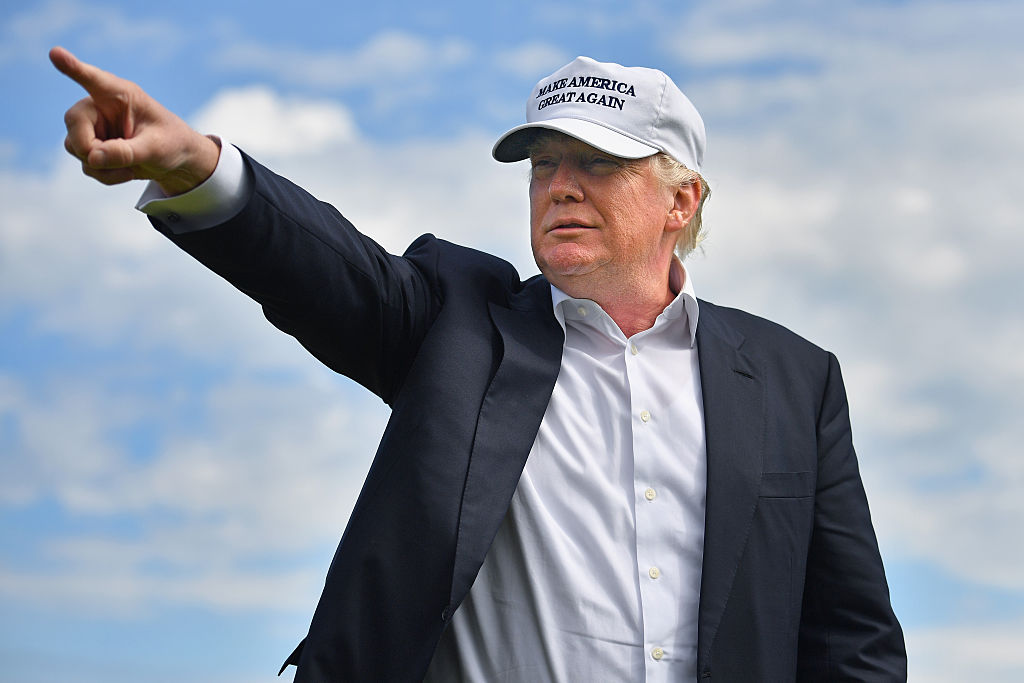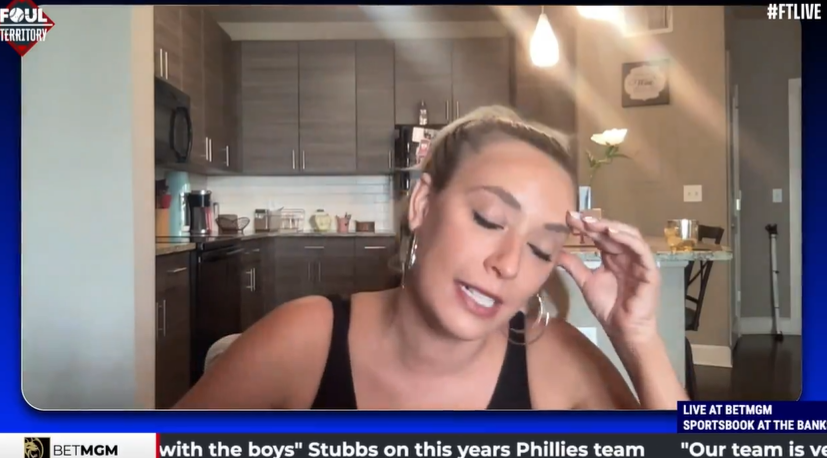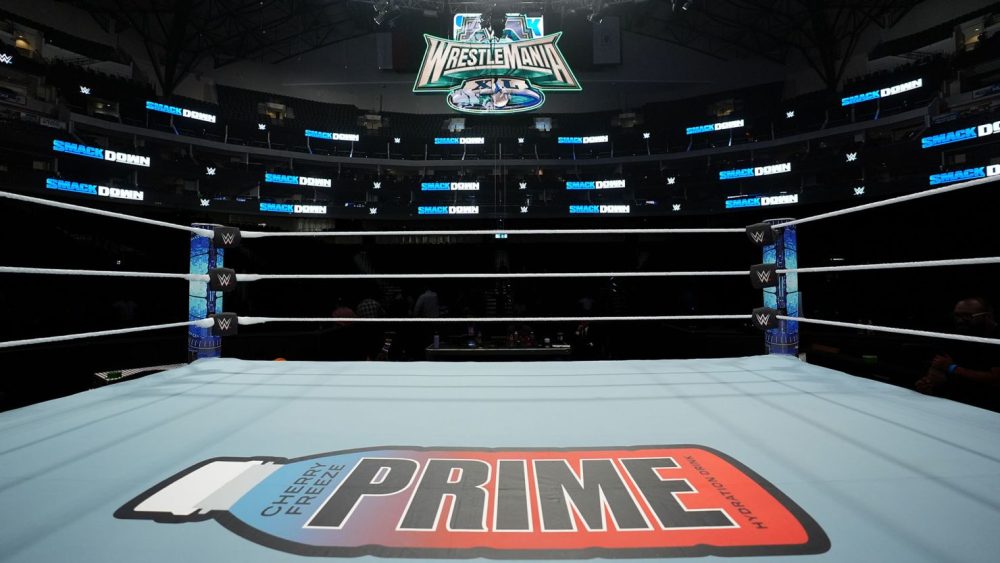The latest
Donald Trump remains opposed to the megamerger between AT&T Inc. and Time Warner Inc. because he believes it would concentrate too much power in the media industry, according to people close to the president-elect, who has been publicly silent about the transaction for months.
Trump told a friend in the last few weeks that he still considers the merger to be a bad deal, said one of the people, who asked not to be identified because the conversation was private. Trump’s chief strategist, Steve Bannon, is also opposed to the deal, another person said.
While Trump blasted the deal during the campaign, Time Warner shares have climbed 10 percent since the election on speculation that a Republican administration would be friendlier to the $85.4 billion merger. The stock closed Wednesday at $96.71, compared with AT&T’s offer price of $107.50 a share.
As the Bloomberg piece notes, that doesn’t necessarily mean the merger won’t happen. In particular, any Department of Justice review can be challenged in court, so it isn’t easy to stop without solid grounds. However, any Federal Communications Commission review and its public-interest standard can depend more on what the current politicians in power think, so there could be an opportunity there if Trump really wants to nix this deal.
What could this mean for sports? Well, Time Warner has a ton of interests in the sports realm, through Turner Sports’ MLB, NBA and NCAA properties (locked up through 2021, 2025, and 2032 respectively). They also have HBO’s sports programming, plus digital initiatives including HBO’s stake in The Ringer and the Turner Sports-owned Bleacher Report. A merger’s effect on Time Warner’s sports properties isn’t immediately obvious, but adding the resources of AT&T to Time Warner might give them the opportunity to both retain their existing properties and add more.
Turner Sports is already a significant player, and if it was part of an even larger company, it might have an even bigger role in the bidding for big sports contracts. It’s also worth considering synergies between AT&T (which acts as a provider of cable, internet, and wireless services) and Time Warner (a content company); would AT&T find ways to promote Turner or HBO Sports content over, say, ESPN? There aren’t any clear answers at this point, but a successful AT&T-Time Warner merger would certainly shake up the sports landscape. Thus, it’s very much worth keeping an eye on how the Trump administration handles it.








Comments are closed.